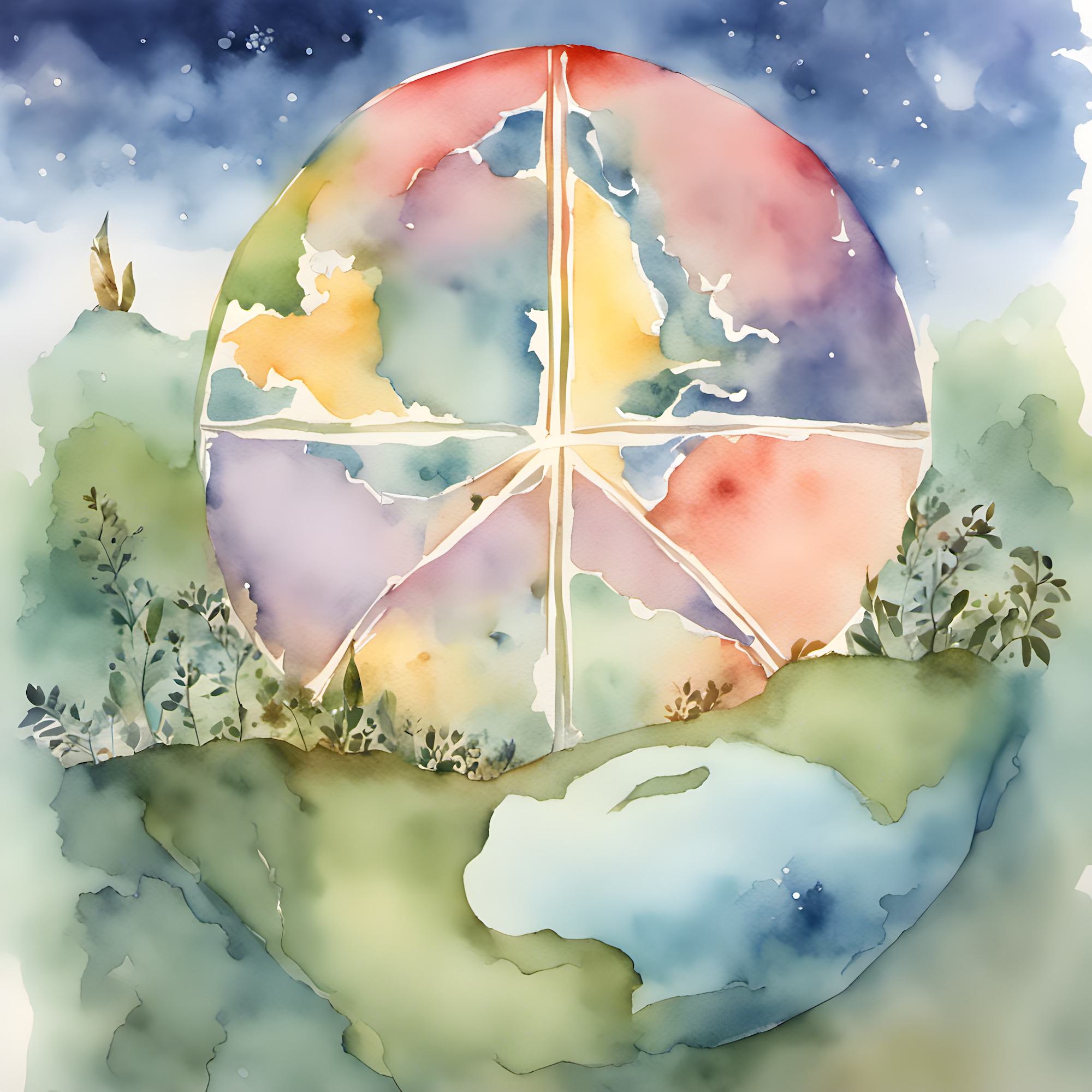Understanding the True Nature of the Universe
The history of life on Earth, as presented in our educational systems, is deeply rooted in archaeological evidence. Yet, as our knowledge expands, contemporary scientific findings often challenge the veracity of these long-held beliefs. This resistance to adapt to new truths arises from religious institutions, political arenas, and even parts of the scientific community—entities that may find it hard to concede that previously accepted histories might be incorrect.
Historical interpretations are derived from artifacts and writings from around the world. A significant portion of our understanding hinges on structures like the pyramids of Giza, Egypt, which are believed to have been constructed between 4,500 to 5,000 years ago. This marks the dawn of what our textbooks define as modern history. The age of such structures has been inferred mainly from historical records and artifact examinations, given that carbon dating is only viable for formerly living entities.
Today, many historians, religious leaders, politicians, and scientists hesitate to disrupt the conventional historical model. However, recent anomalies in findings, such as the discovery of a 20,000-year-old ancient structure buried beneath Antarctic ice, suggest there’s much we don’t know.
While many of us have been inculcated with the idea of a linear progression of life on Earth, emerging evidence indicates that our planet’s history is more cyclical, with civilizations rising and falling in repeated cycles.
The takeaway is clear: History serves as a guidepost for future progress. It’s imperative that we adjust our perspective to embrace this cyclical view of history, ensuring that educators, scientists, politicians, and religious leaders unite in this endeavor. Recognizing and adapting to our true history is essential for the well-being of current and forthcoming generations.
Furthermore, I wish to emphasize the pressing need to modernize our global frameworks, including national protocols, constitutions, and democratic systems. They must reflect the realities of today’s world. This calls for a comprehensive world reform, reevaluating foundational principles of society to address the present-day challenges. The surge in anarchist behaviors and the undue influence they exert over political leaders is alarming. Policies crafted for short-term political advantage, under the guise of ‘tolerance,’ risk jeopardizing the very fabric of our societies.
President Brian Sergy Mason

